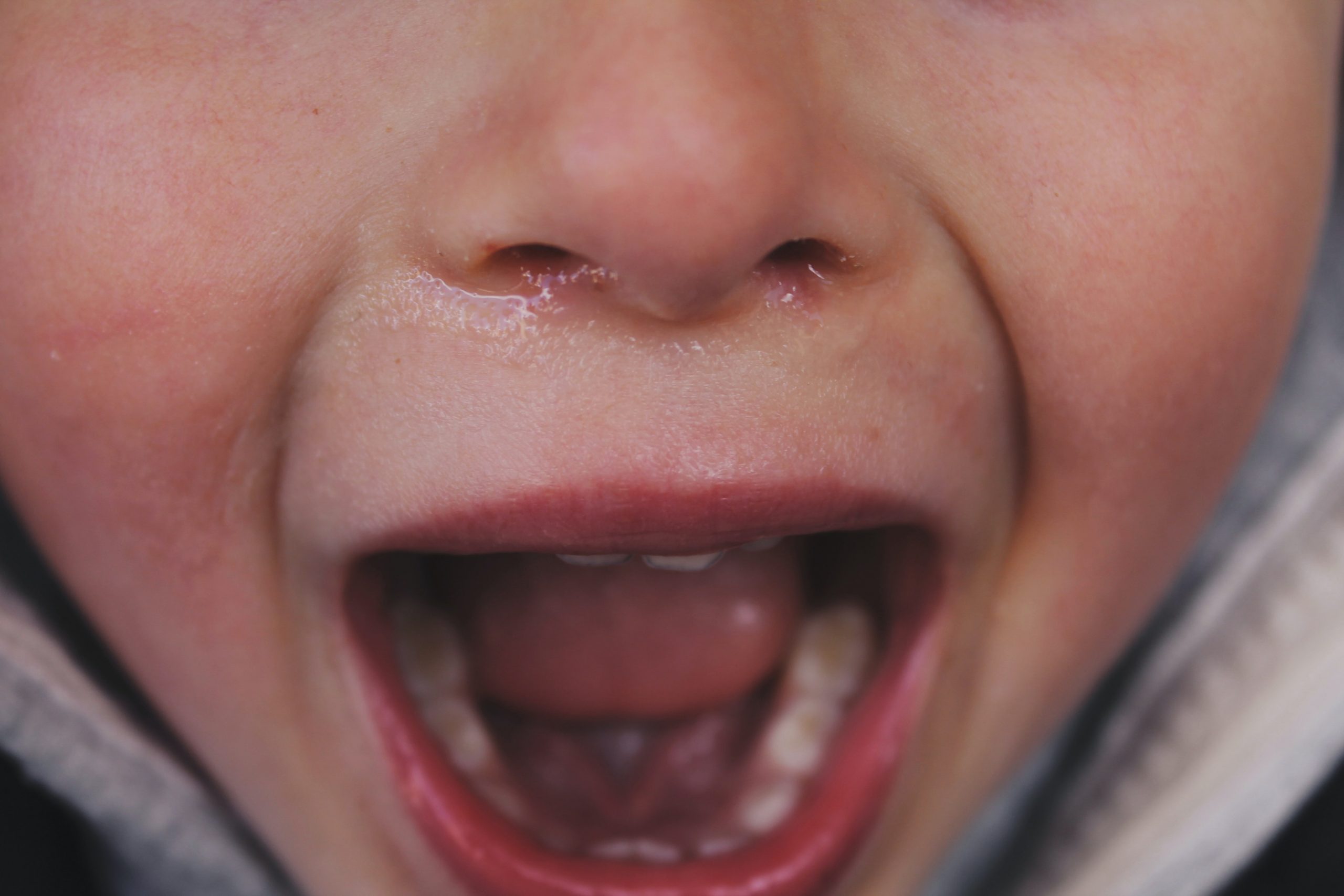Breathing is one of the most fundamental functions of the human body in order for us to survive, however, due to many modern day habits, most of us aren’t breathing correctly which consequently impacts health on multiple fronts. Breathing through the mouth instead of the nose, is a major sign that something is happening on a deeper level, as it adapts to breathing through the mouth as a way to compensate.
Nose breathing is crucial for optimal health as it helps to remineralise teeth, purifies, and humidifies the air that passes through the nasal cavities and puts our nervous system into parasympathetic mode, aka “rest and digest”. Less commonly known is that unlike mouth breathing, nose breathing actually creates nitric oxide, which is responsible for healthy blood flow, immune function and lowering the risk of heart disease.
Since mouth breathing can be developed habitually from childhood, some may not even notice that it’s happening or might only be mouth breathing during sleep. Here are some common symptoms that you may not be nose breathing:
• Waking up with a dry mouth
• Drooling in sleep
• Snoring
• Blocked nose and sinus congestion
• Sleep apnoea
• Crooked teeth
• Chronic fatigue
• Dark circles under eyes
• Bad breath
While mouth breathing is necessary in situations such as heavy exercise and during colds and flus as the nasal passage is blocked, generally speaking, it can pose many health consequences and significantly contribute to overall health burden. Particularly in children, if it’s not addressed early on, mouth breathing incorrectly positions the tongue, causing the dental arch to narrow and cause overcrowding of teeth. Furthermore, it displaces the alignment of the jaw leading to other issues such as sleep apnoea, hyperventilation, jaw pain and teeth grinding.
So what can you do if you suffer from mouth breathing and any symptoms associated?
Breathing techniques such as the Buteyko method can help to promote correct breathing habit and enhance breath control, which alleviates symptoms such mouth breathing, asthma, insomnia and hyperventilation. It is also recommended to work with a functional dentist who has done further study into breath and sleep disorders, as they can conduct additional examinations to find the underlying cause, which may be due to airway obstruction. Mouth tape can also be used during the night such as “somnifix”, which alleviates open mouth snoring and breathing as well as sore throat, nasal congestion and promotes deeper sleep.
While these are just a few benefits of nose breathing compared to mouth breathing, there’re many other signs and symptoms such as underlying infections which may impact correct nasal breathing. Book in with your functional medicine practitioner to discuss which options and treatments may be best individually tailored for you
By Fallon Cashell


